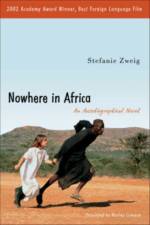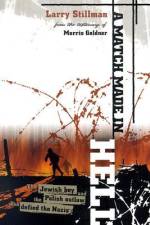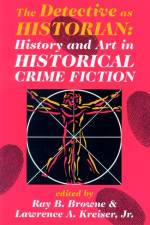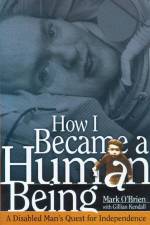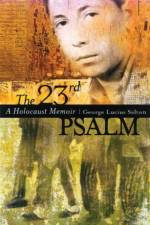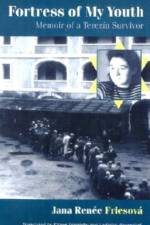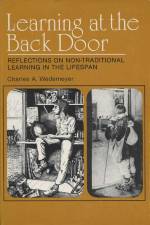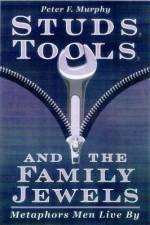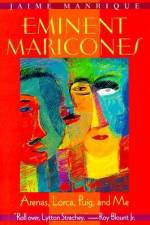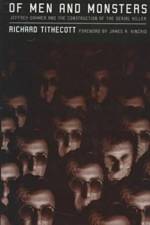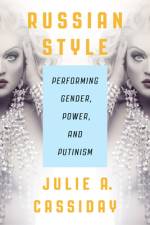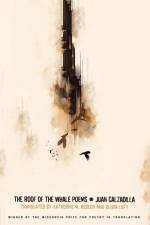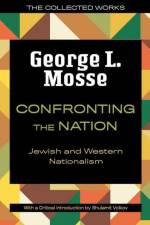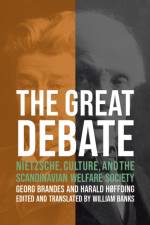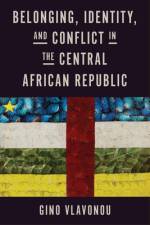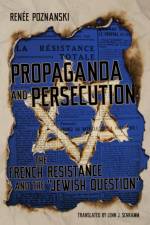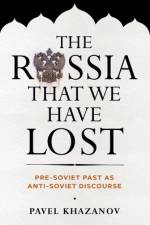av George Lucius Salton
339,-
In September, 1939, George Lucius Salton's boyhood in Tyczyn, Poland, was shattered by escalating violence and terror under German occupation. His father, a lawyer, was forbidden to work, but eleven-year-old George dug potatoes, split wood, and resourcefully helped his family. They suffered hunger and deprivation, a forced march to the Rzeszow ghetto, then eternal separation when fourteen-year-old George and his brother were left behind to labor in work camps while their parents were deported in boxcars to die in Belzec. For the next three years, George slaved and barely survived in ten concentration camps, including Rzeszow, Plaszow, Flossenburg, Colmar, Sachsenhausen, Braunschweig, Ravensbrück, and Wobbelin. Cattle cars filled with skeletal men emptied into a train yard in Colmar, France. George and the other prisoners marched under the whips and fists of SS guards. But here, unlike the taunts and rocks from villagers in Poland and Germany, there was applause. "I could clearly hear the people calling: "Shame! Shame!" . . . Suddenly, I realized that the people of Colmar were applauding us! They were condemning the inhumanity of the Germans!" Of the 500 prisoners of the Nazis who marched through the streets of Colmar in the spring of 1944, just fifty were alive one year later when the U.S. Army 82nd Airborne Division liberated the Wobbelin concentration camp on the afternoon of May 2, 1945. "I felt something stir deep within my soul. It was my true self, the one who had stayed deep within and had not forgotten how to love and how to cry, the one who had chosen life and was still standing when the last roll call ended."





